Stakeknife: the killer who spied for Britain
The investigation into the IRA double agent has taken seven years and cost £40m
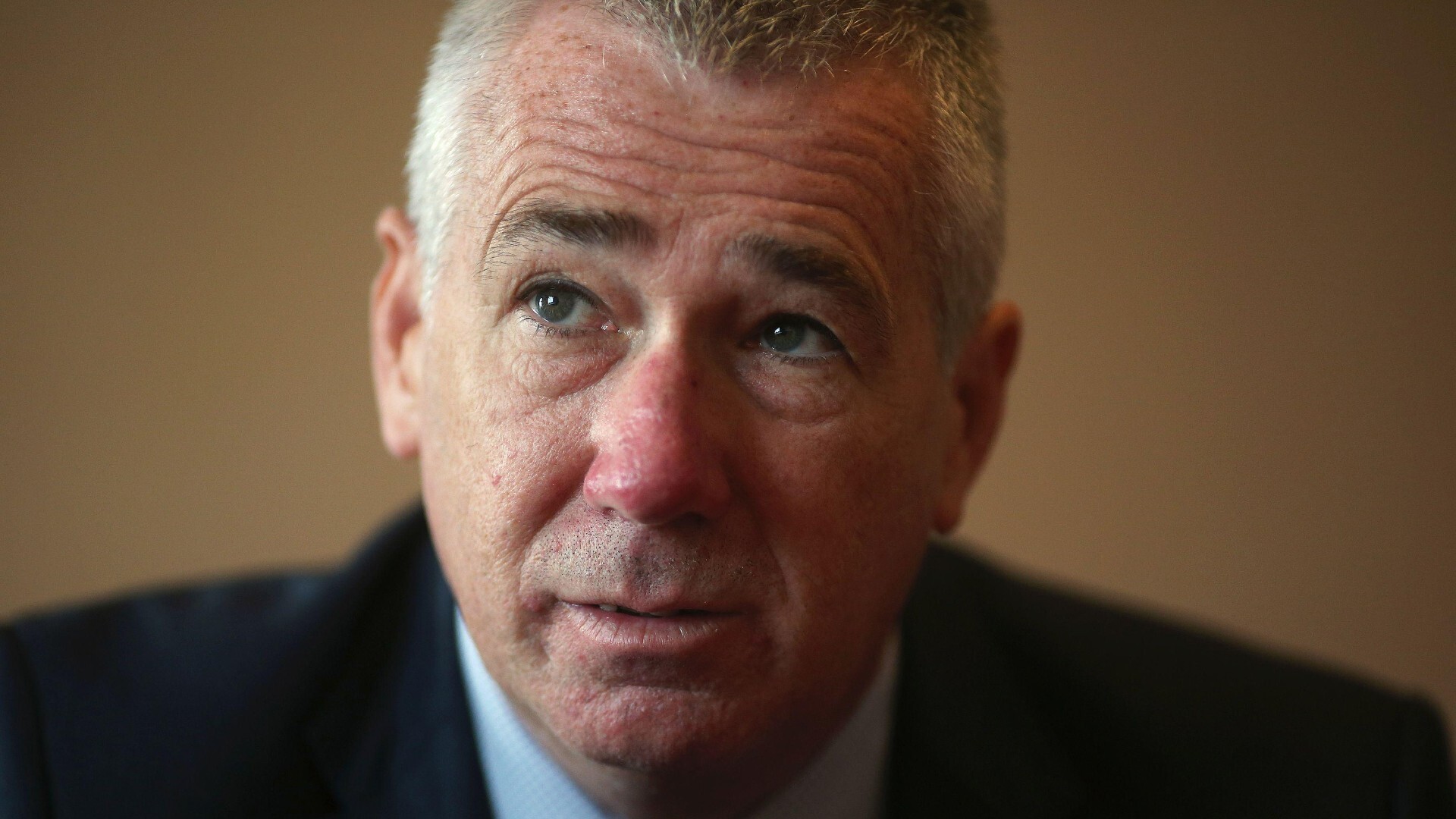
A free daily email with the biggest news stories of the day – and the best features from TheWeek.com
You are now subscribed
Your newsletter sign-up was successful
Freddie Scappaticci was the feared leader of the Provisional IRA's "Nutting Squad", the Internal Security Unit tasked with identifying informers – and with abducting, torturing and executing them as traitors to the Republican cause. It's thought that Scappaticci's unit carried out around 30 such murders in the 1980s, 18 with his personal involvement, said Rory Carroll in The Guardian.
Yet Scappaticci was himself a traitor. Codenamed Stakeknife, he was the prized "golden egg" of British military intelligence, deep inside the IRA. The stocky west Belfast bricklayer was paid up to £80,000 a year for information that "helped to neuter the IRA and save lives". In 2003, after being outed as Stakeknife by the media, Scappaticci fled to England and lived under MI5 protection until his death last April, never facing justice. Now, decades after the end of the Troubles, a reckoning of sorts has arrived. Operation Kenova, a seven-year inquiry into Stakeknife's crimes, has published its interim report.
Led by Northern Ireland's chief constable, Jon Boutcher, the investigation has taken 1,000 witness statements and amassed 50,000 pages of evidence, and has cost £40 million. Its verdict is "damning", said Eliot Wilson in The Spectator. It finds that Stakeknife's handlers let the IRA commit murders that could have been averted, including of other informers, in order to protect his cover.
The Week
Escape your echo chamber. Get the facts behind the news, plus analysis from multiple perspectives.

Sign up for The Week's Free Newsletters
From our morning news briefing to a weekly Good News Newsletter, get the best of The Week delivered directly to your inbox.
From our morning news briefing to a weekly Good News Newsletter, get the best of The Week delivered directly to your inbox.
Overall, it says, it's "probable that this resulted in more lives being lost than saved". The report sheds light on a period that involved "difficult moral trade-offs and murky decisions", said Owen Polley on CapX. However, its demand for an official apology from the British state has angered some unionists, given that "the crimes of the IRA, many of them unsolved, are rarely subjected to such historical scrutiny".
Like many other investigations into civil conflicts around the world, this one chose "truth" over "justice", said James Harkin in The i Paper. No one, whether IRA commander or British officer, will face prosecution as a result of assisting Operation Kenova. Who would talk under such a threat? But the implicit bargain in such cases is that "we get to hear the whole truth", whereas this report is "disappointingly sketchy". It seems that the "British security state" remains addicted to secrecy: Boutcher reports that "some state agencies have stonewalled or withheld information"; and official protocols mean that even now, he can "neither confirm nor deny" that Scappaticci was actually Stakeknife. Operation Kenova is a start. But "it will take many more decades to get the real story".
A free daily email with the biggest news stories of the day – and the best features from TheWeek.com
-
 ‘The West needs people’
‘The West needs people’Instant Opinion Opinion, comment and editorials of the day
-
 Filing statuses: What they are and how to choose one for your taxes
Filing statuses: What they are and how to choose one for your taxesThe Explainer Your status will determine how much you pay, plus the tax credits and deductions you can claim
-
 Nan Goldin: The Ballad of Sexual Dependency – an ‘engrossing’ exhibition
Nan Goldin: The Ballad of Sexual Dependency – an ‘engrossing’ exhibitionThe Week Recommends All 126 images from the American photographer’s ‘influential’ photobook have come to the UK for the first time
-
 Death in Minneapolis: a shooting dividing the US
Death in Minneapolis: a shooting dividing the USIn the Spotlight Federal response to Renee Good’s shooting suggest priority is ‘vilifying Trump’s perceived enemies rather than informing the public’
-
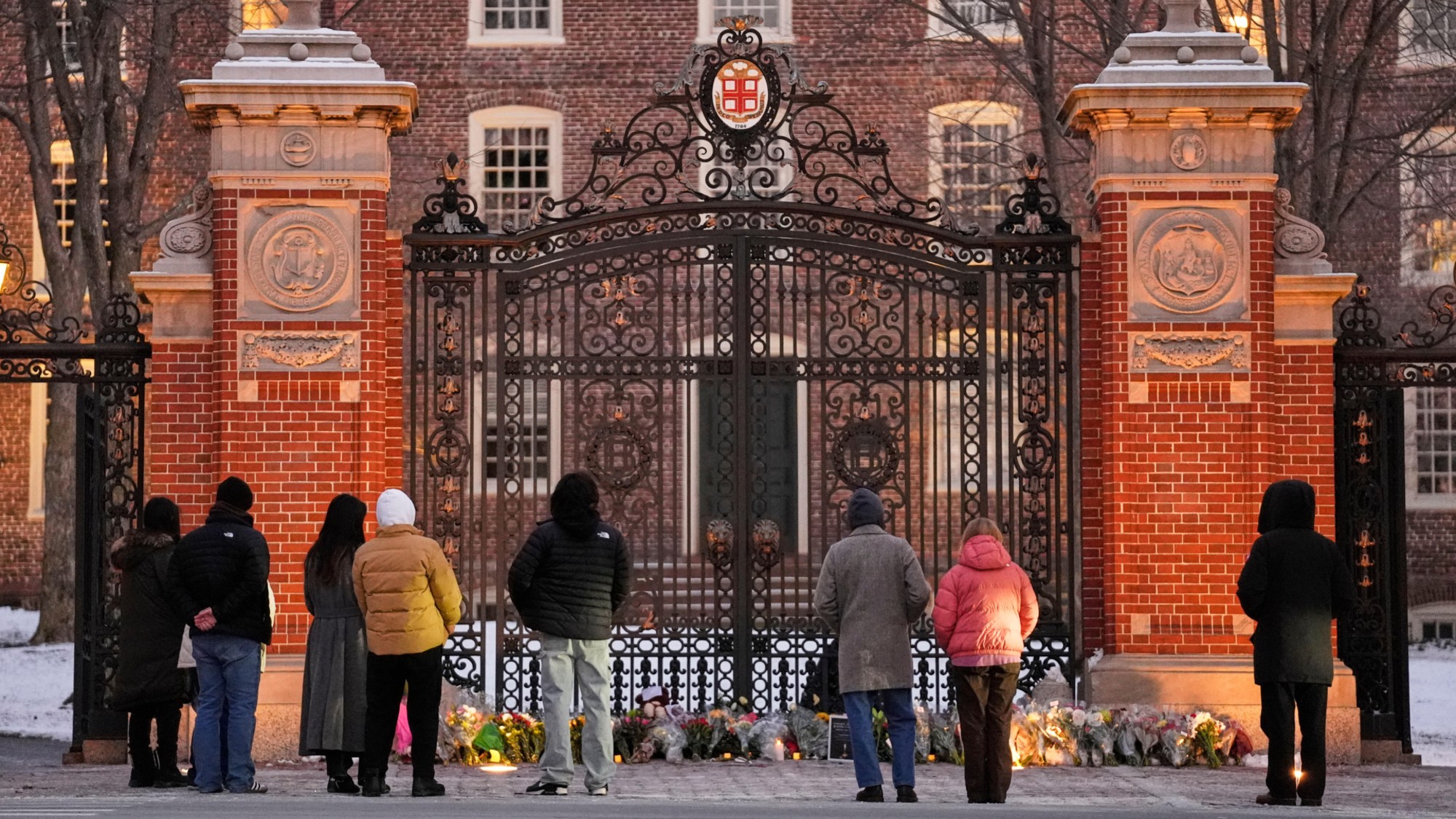 Campus security is under scrutiny again after the Brown shooting
Campus security is under scrutiny again after the Brown shootingTalking Points Questions surround a federal law called the Clery Act
-
 How the Bondi massacre unfolded
How the Bondi massacre unfoldedIn Depth Deadly terrorist attack during Hanukkah celebration in Sydney prompts review of Australia’s gun control laws and reckoning over global rise in antisemitism
-
 ‘Stakeknife’: MI5’s man inside the IRA
‘Stakeknife’: MI5’s man inside the IRAThe Explainer Freddie Scappaticci, implicated in 14 murders and 15 abductions during the Troubles, ‘probably cost more lives than he saved’, investigation claims
-
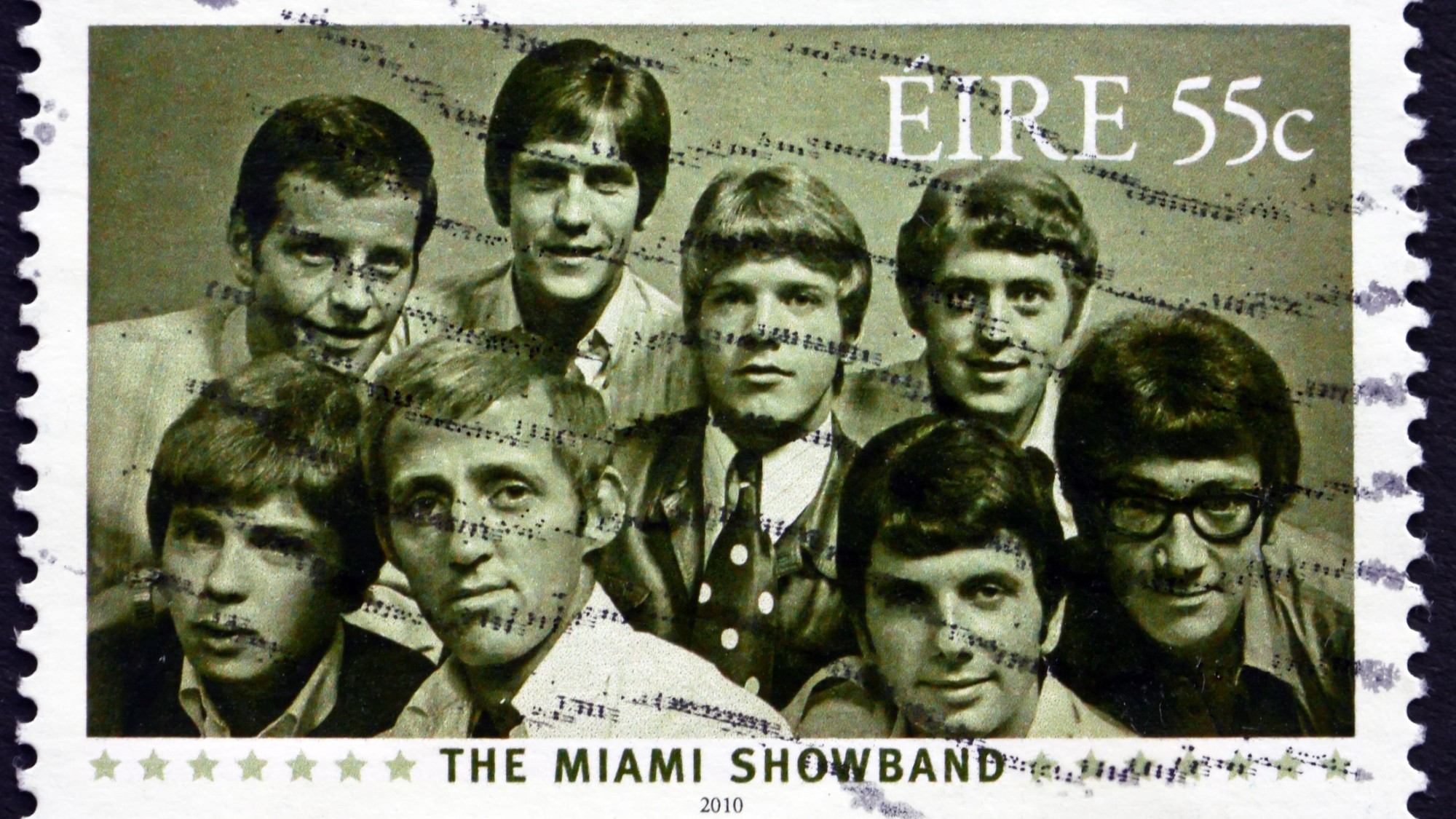 The Miami Showband massacre, 50 years on
The Miami Showband massacre, 50 years onThe Explainer Unanswered questions remain over Troubles terror attack that killed three members of one of Ireland's most popular music acts
-
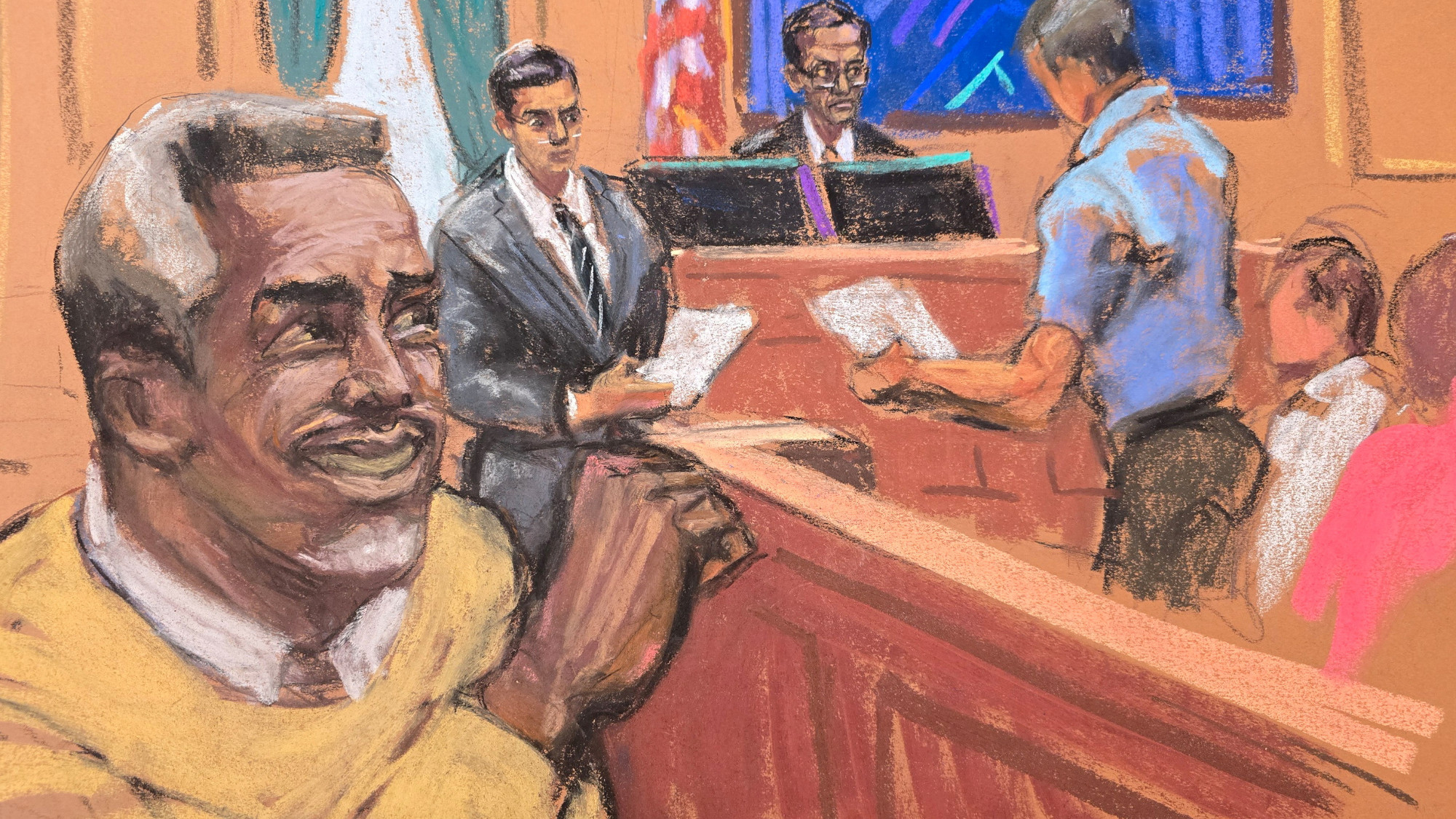 Diddy: An abuser who escaped justice?
Diddy: An abuser who escaped justice?Feature The jury cleared Sean Combs of major charges but found him guilty of lesser offenses
-
 Crime: Why murder rates are plummeting
Crime: Why murder rates are plummetingFeature Despite public fears, murder rates have dropped nationwide for the third year in a row
-
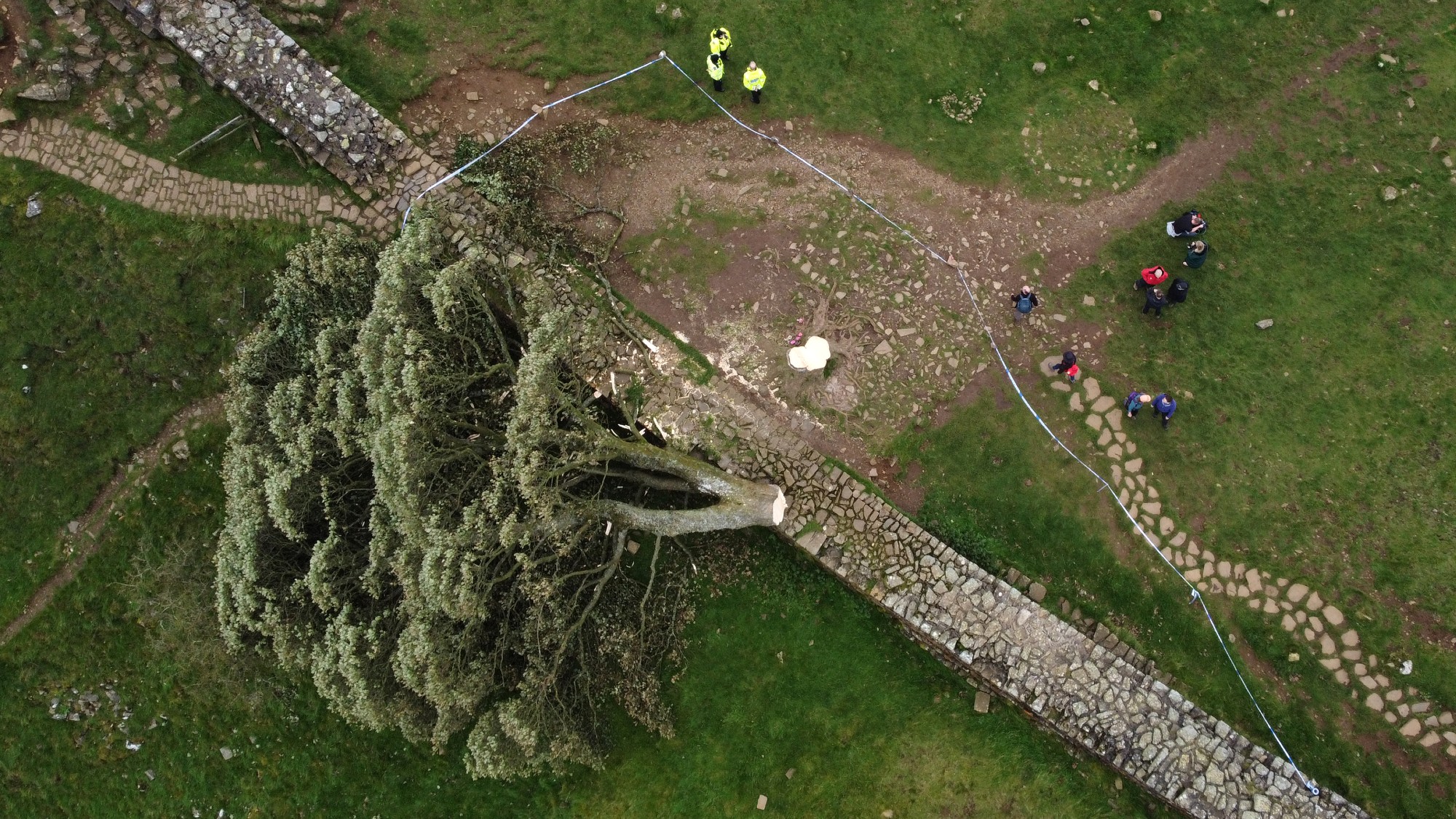 The Sycamore Gap: justice but no answers
The Sycamore Gap: justice but no answersIn The Spotlight 'Damning' evidence convicted Daniel Graham and Adam Carruthers, but why they felled the historic tree remains a mystery